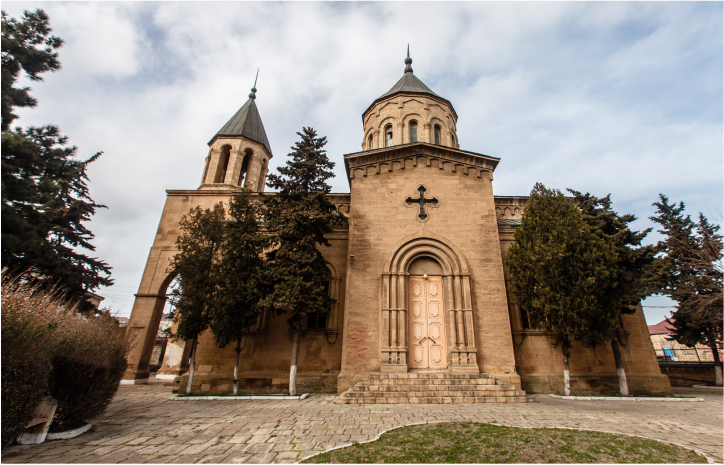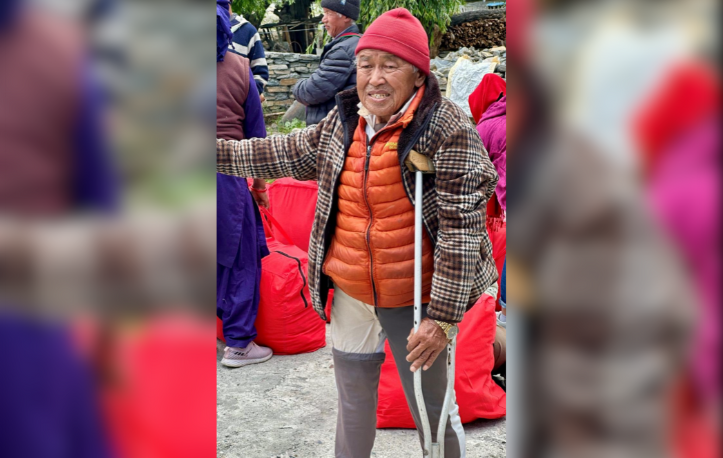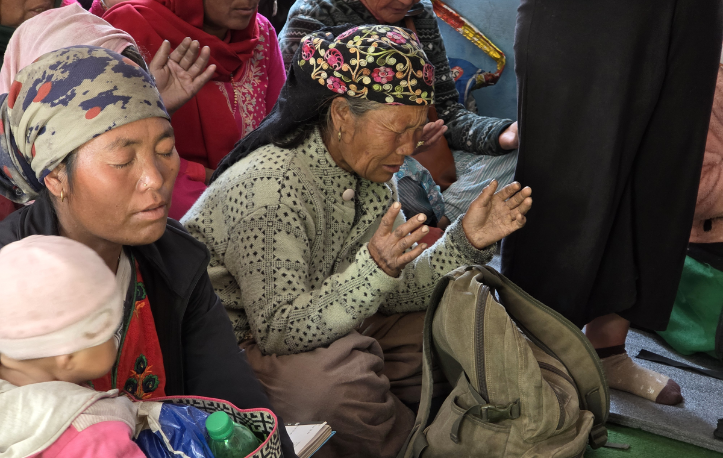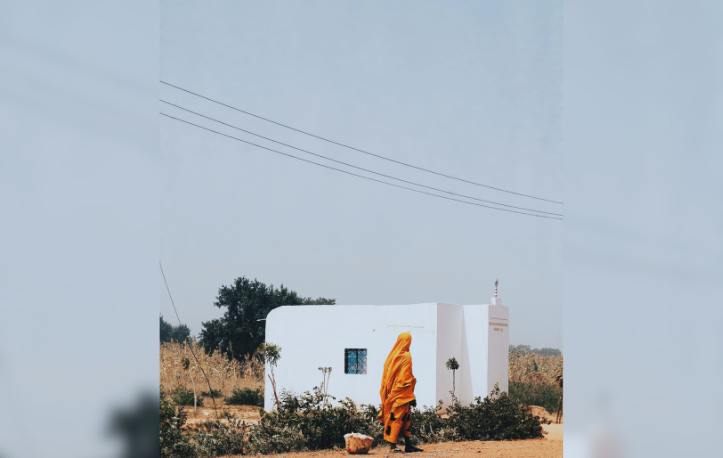Artur Suleimanov was very active in the community in which he lived, worked, and taught. Pastor of the largest Protestant church in the Russian republic of Dagestan, his heart beat to bring the good news of Jesus to the mainly Muslim nation. In fact, the majority of Christians in his church were former Muslims. He had begun the church as a small prayer group in 1994 in the capital city of Makhachkala. The people’s thirst for Christ had grown, and before long he was shepherding a 1,000-member church, Hosanna House of Prayer. To continue to spread hope and truth to the poverty-stricken people of Dagestan, the congregation established smaller branch churches throughout the country and began a formal Bible study centre at the main church. They began outreaches whereby they distributed food and aid to needy people, started a prison ministry, and worked with drug addicts.
A native Dagestani coming from a traditionally Muslim ethnic group, Suleimanov was considered by Muslims to be an apostate of the Islamic religion. But it was from this background that his love for his people came, and because of it he understood the emptiness and need that only Christ could fill. The pastor was well-liked and respected, and for the most part, his work was welcomed and met with positive response. But then things started to change. A priest of the Russian Orthodox St Thomas Church in Moscow was murdered. The man, like Suleimanov, was also known for reaching out to Muslims. Then in Makhachkala government authorities suddenly and inexplicably revoked the Hosanna church’s five-year permit for their prison ministry, and negative attitudes toward the church’s work with drug addicts permeated the atmosphere.
The media began calling for action against Suleimanov, drawing parallels between his work and that of the murdered priest, accusing him of being too active in helping convert Muslims to Christianity. The pastor did not balk at these threats, but continued to trust that God would produce fruit from his work, whether by his life or death. These events came to a head on Thursday, 15 July 2010. Suleimanov had just left his church in the early evening and was walking down the street when he was approached by two men. They took out handguns, shot the pastor, and left him dead in the street.
In his letter to the Corinthians, Paul said, “Therefore, my beloved brothers, be steadfast, immovable, always abounding in the work of the Lord, knowing that in the Lord your labour is not in vain” (1 Corinthians 15:58). Artur Suleimanov was involved in one of the most dangerous types of work known—reaching Muslims for Christ—and yet he worked at it with all his heart and soul, knowing it would not be in vain. His death provides an example of faith and courage that other Dagestani Christians will follow. As minister Sergei Ryakhovsky said, “You cannot scare Christians with murders; for Christians, to die for Christ is an honour.”




Submit a Prayer